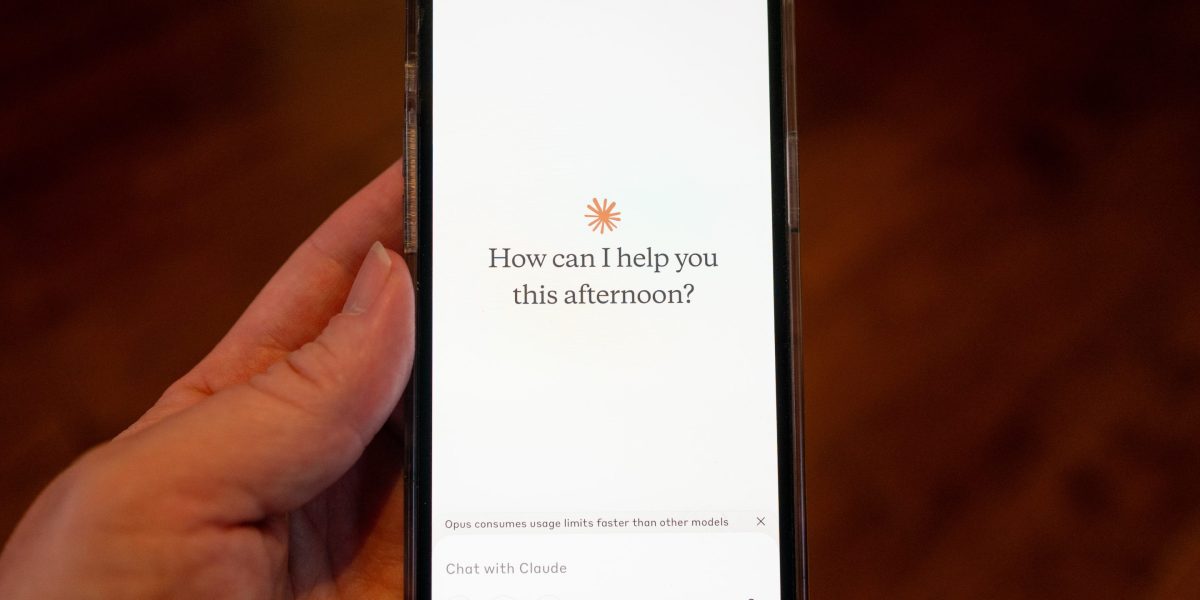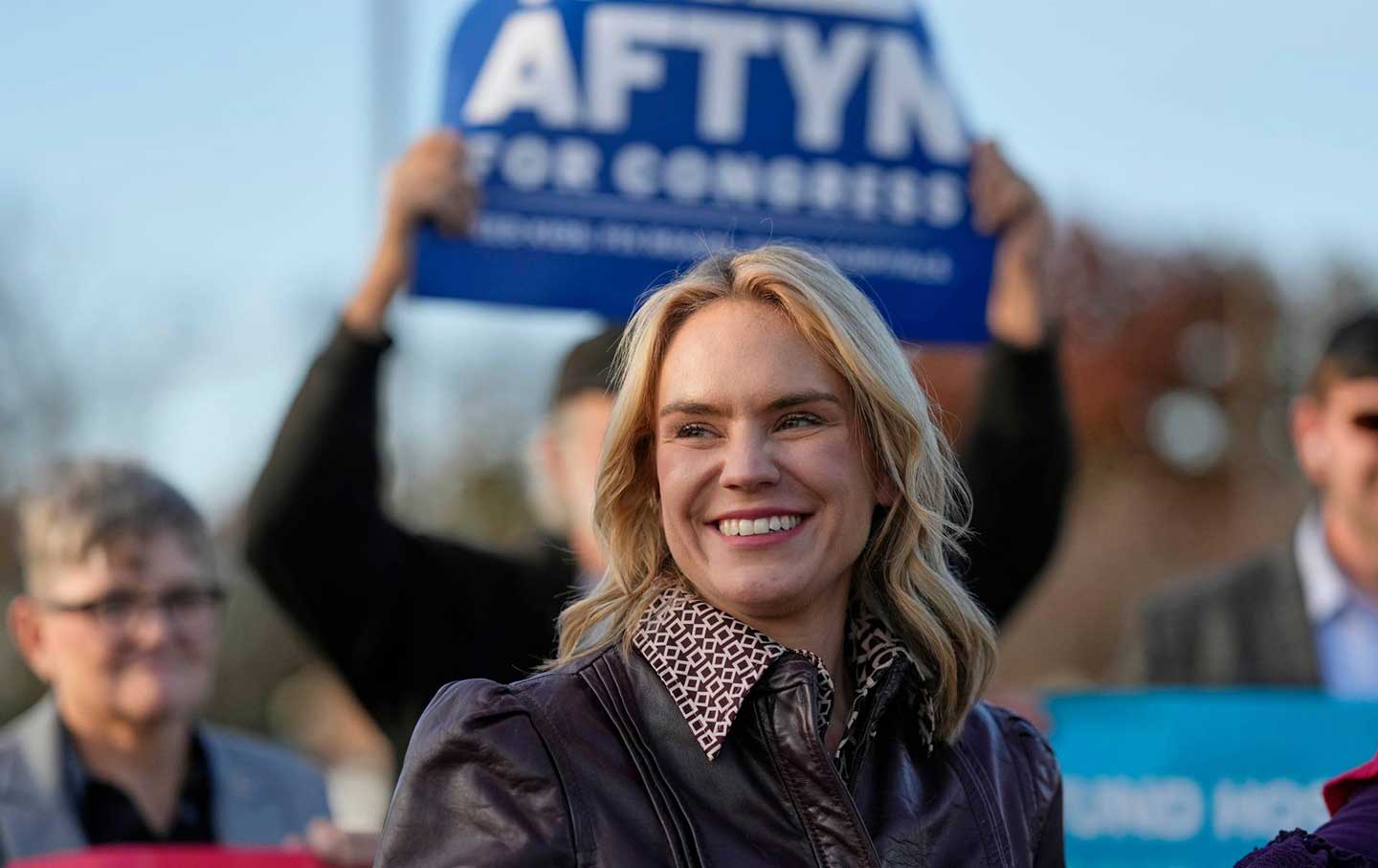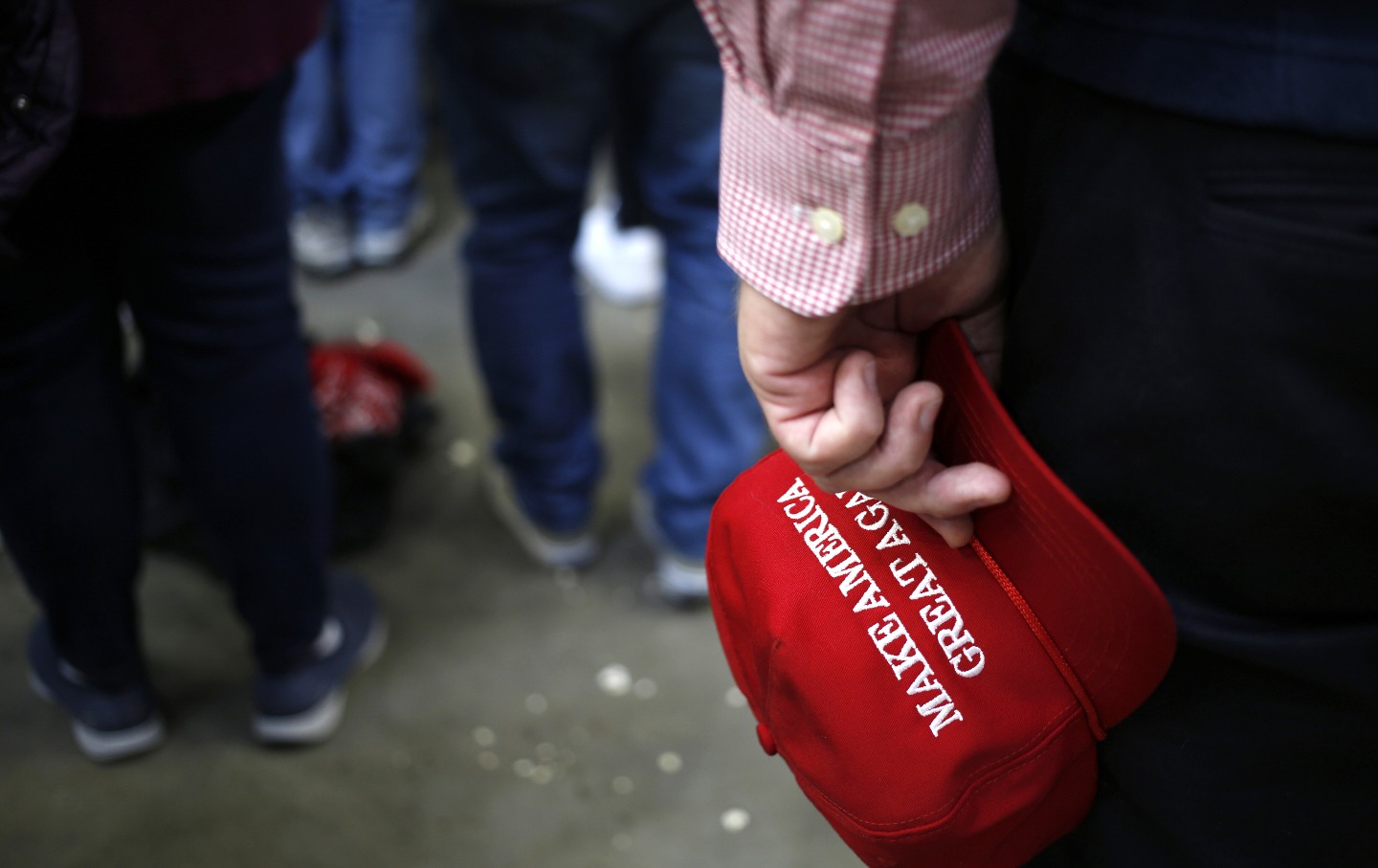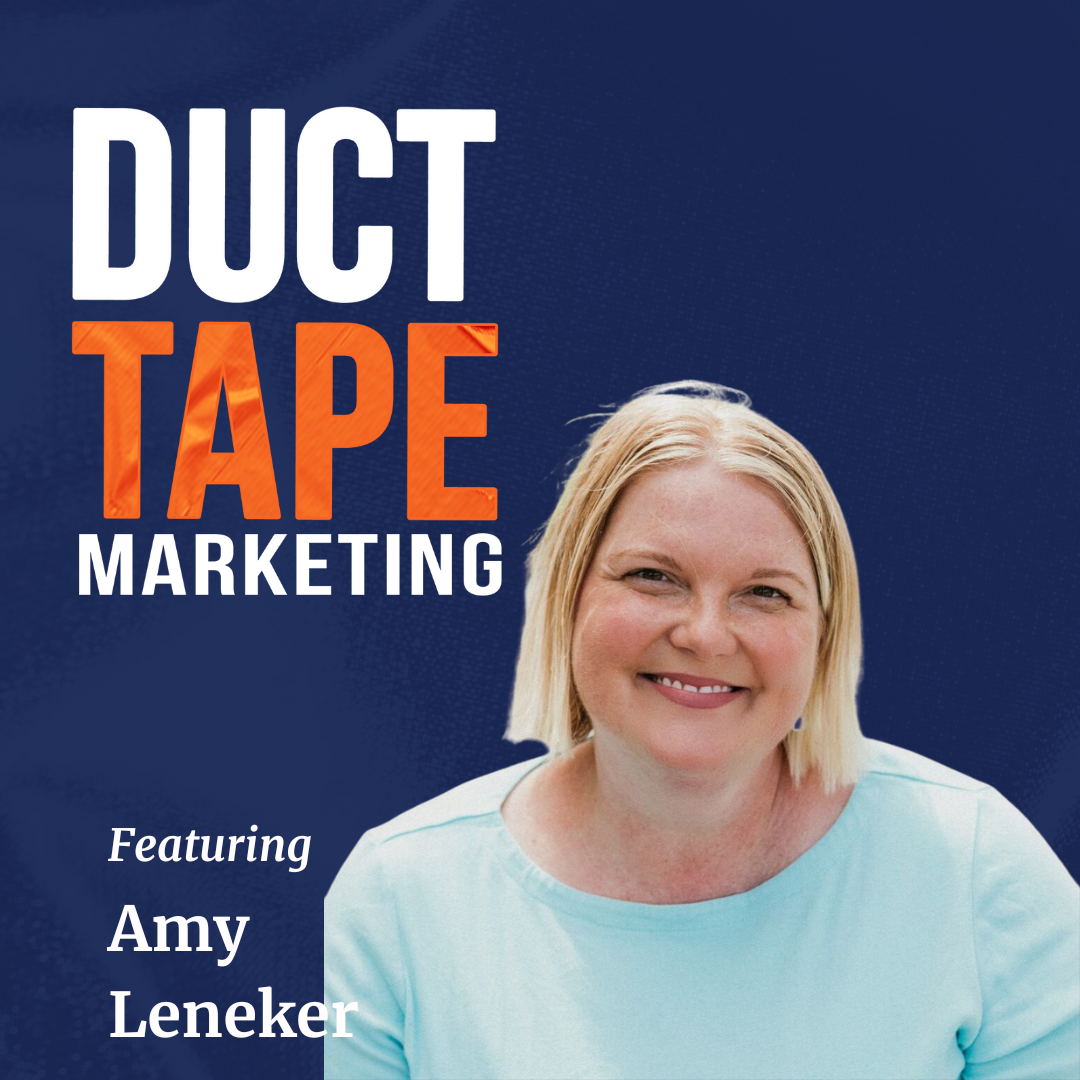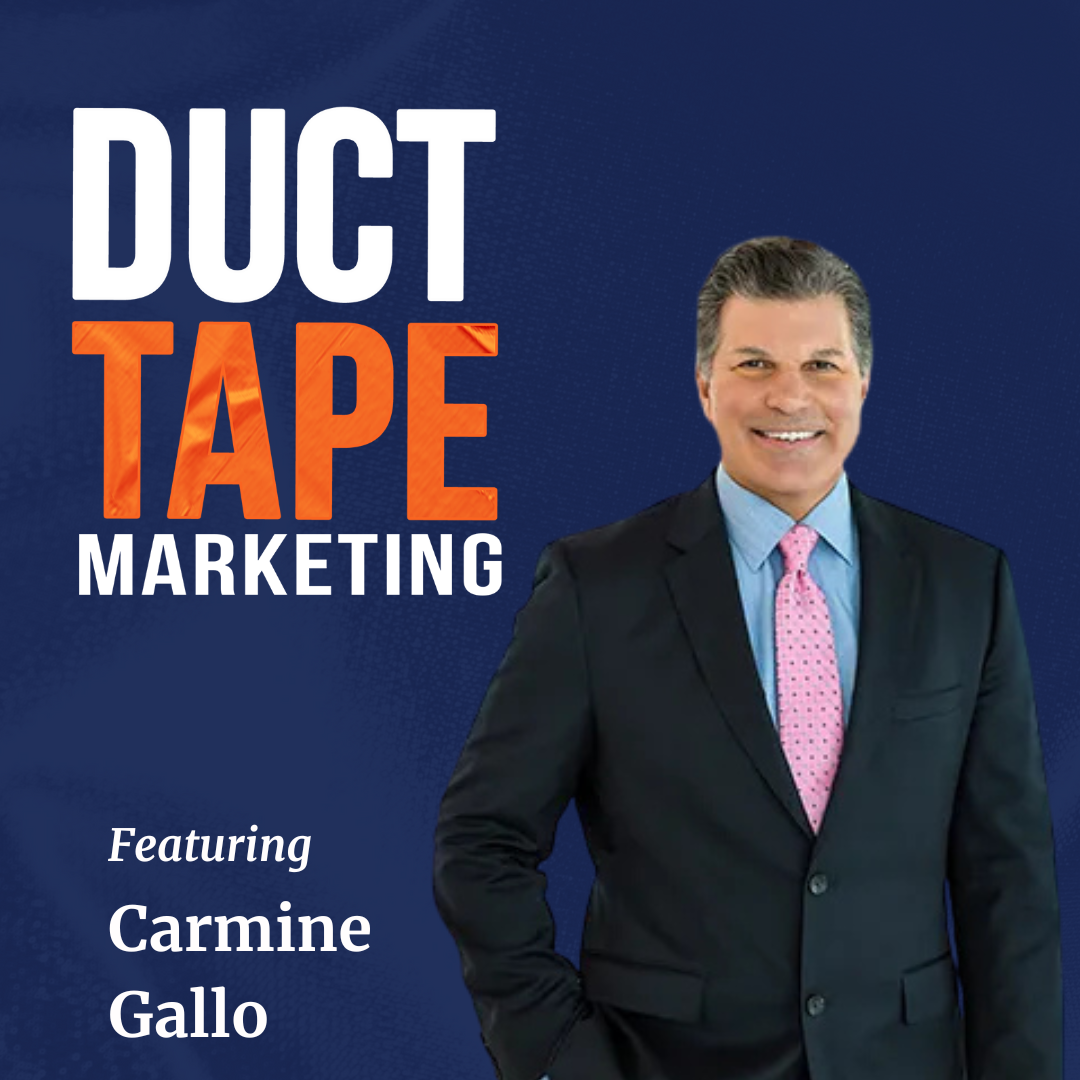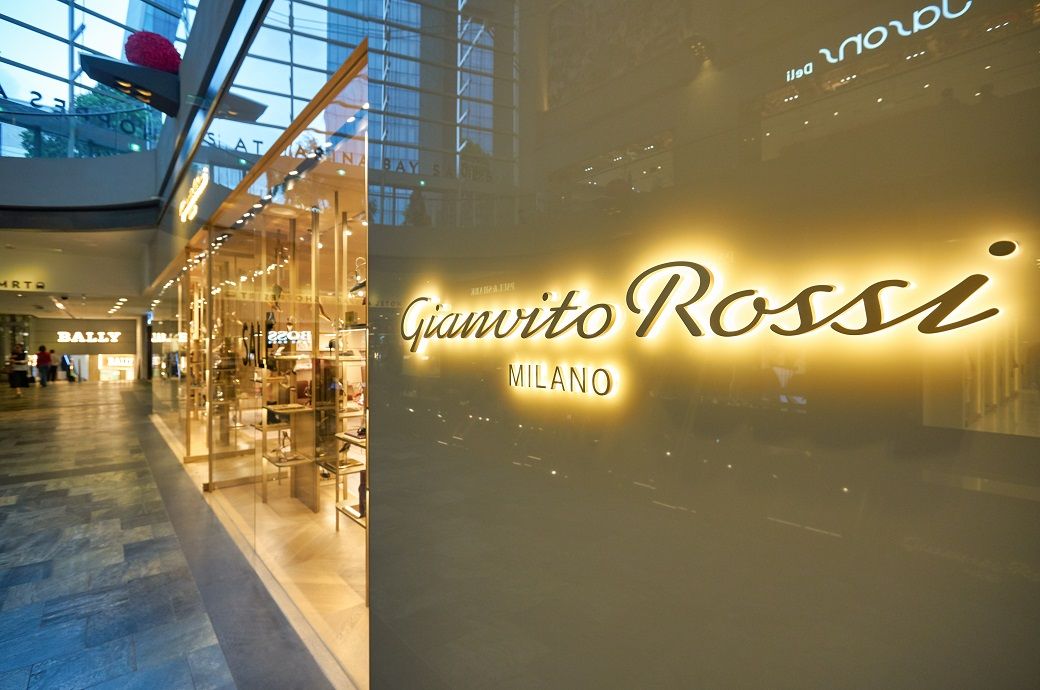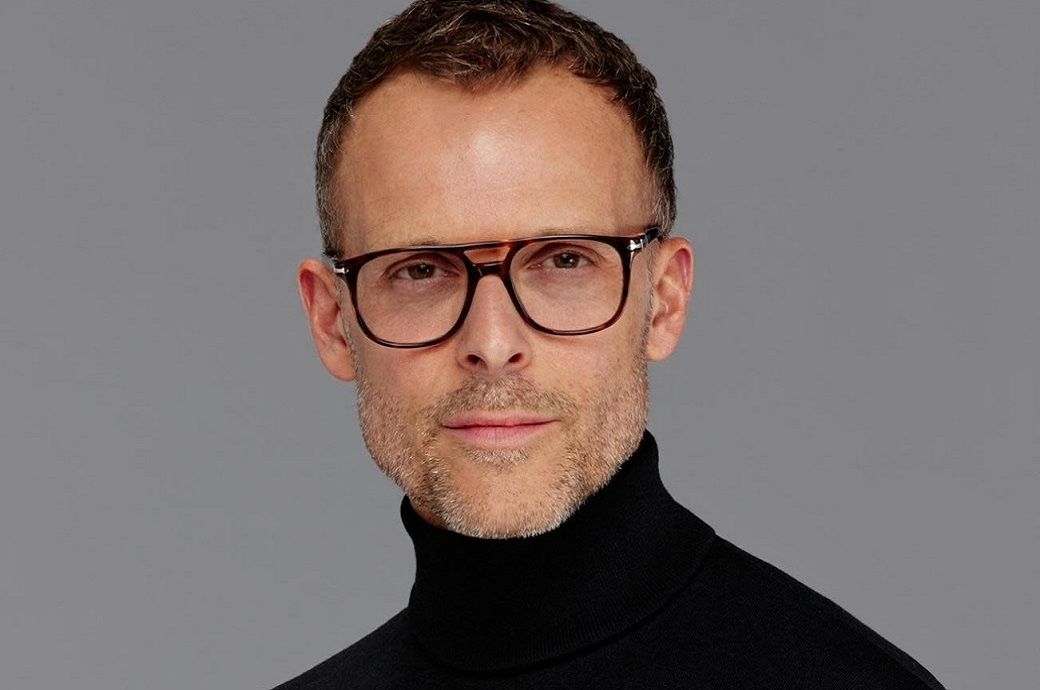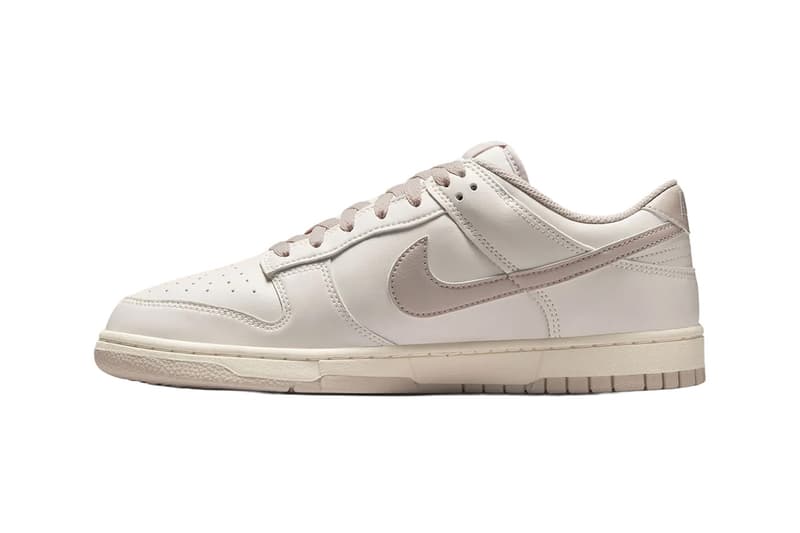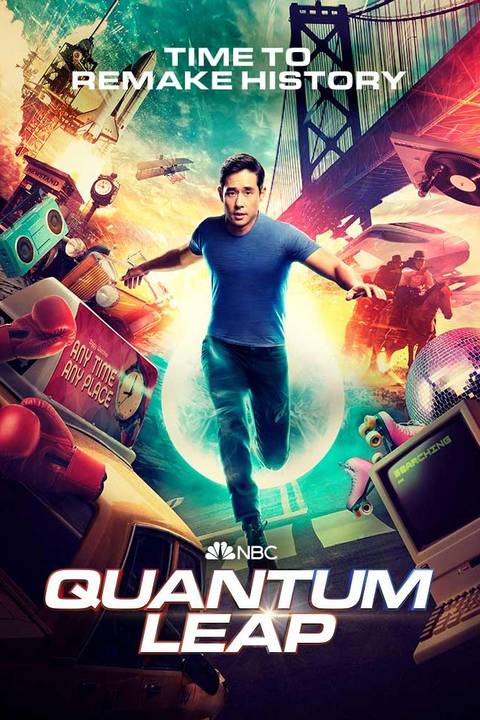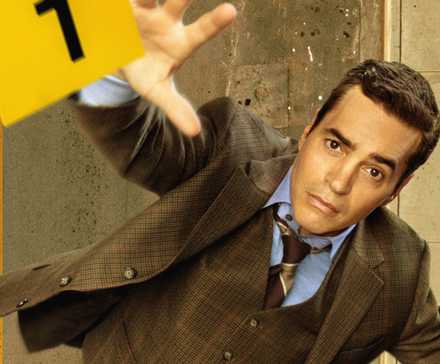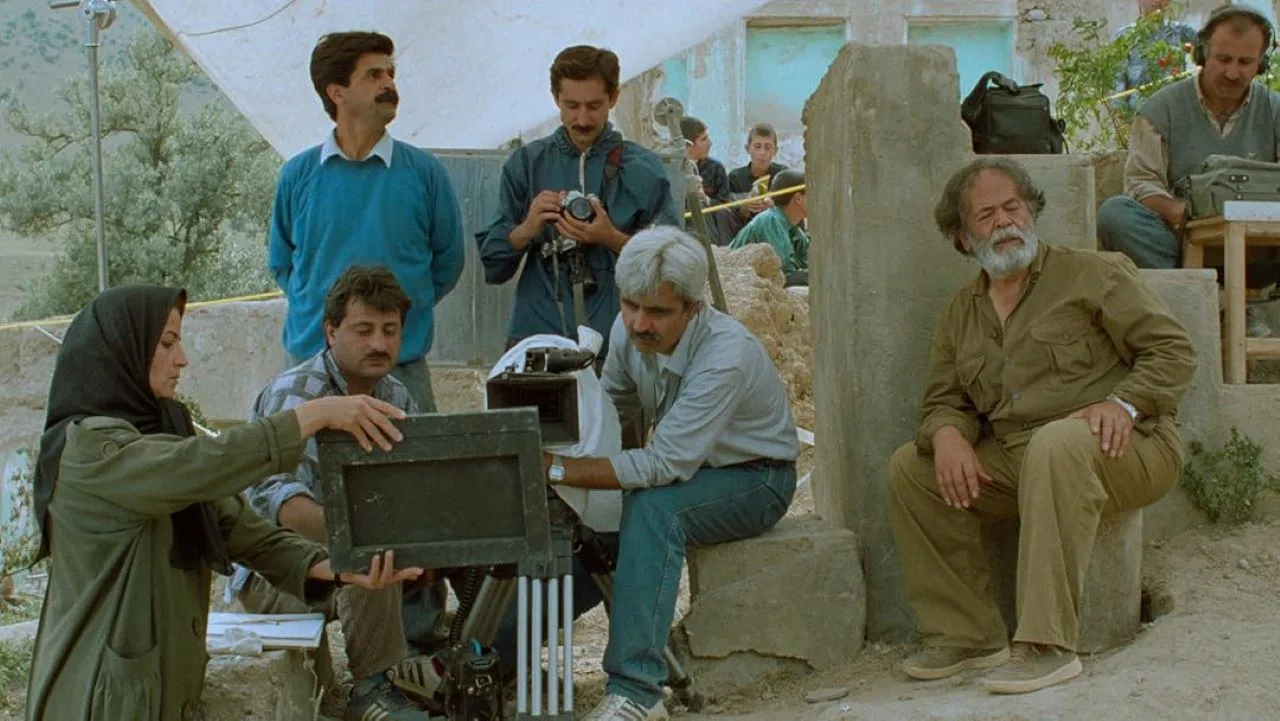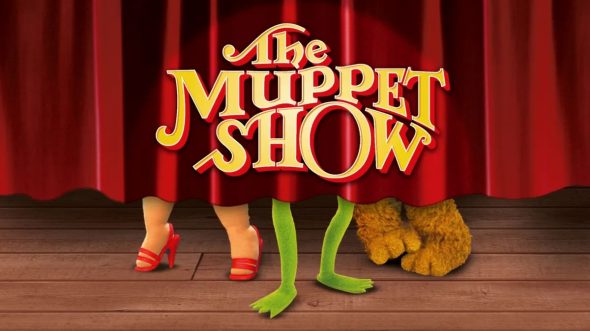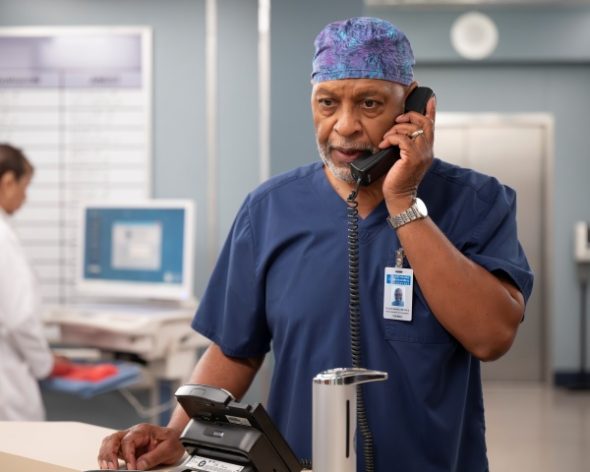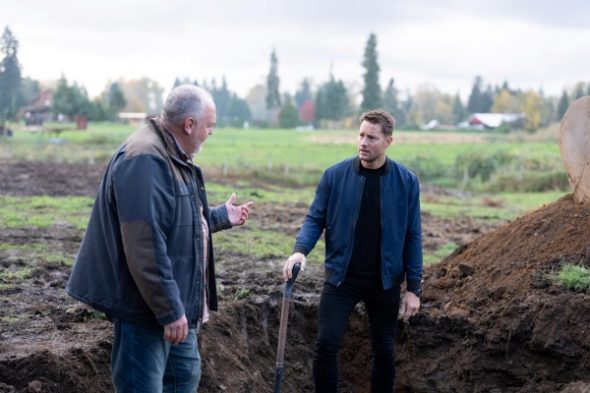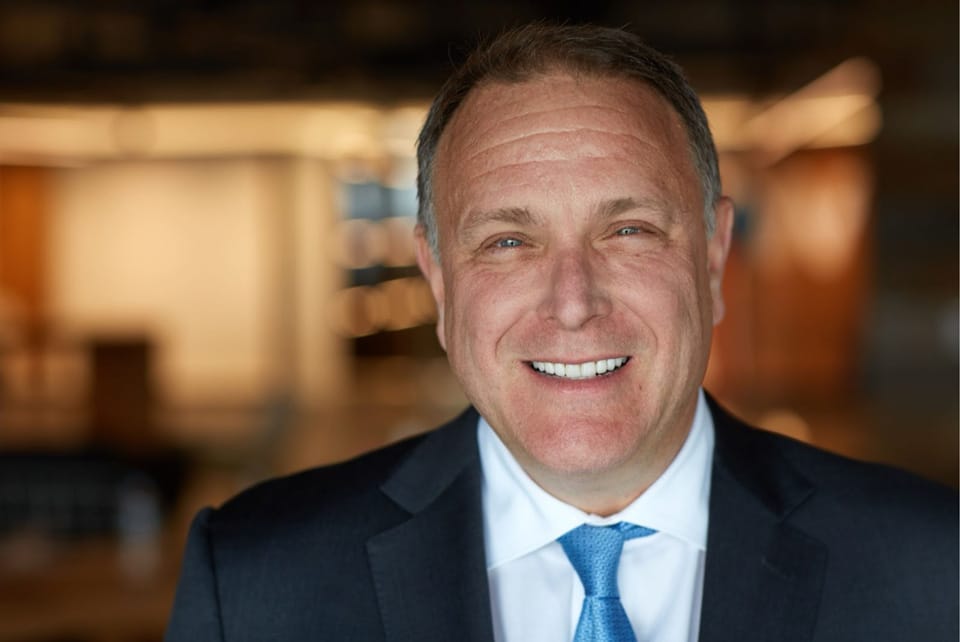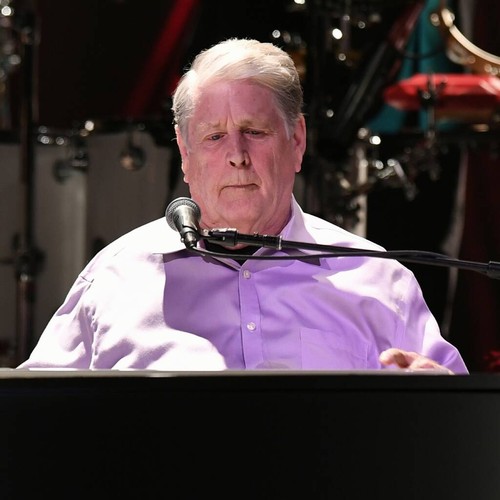[ad_1]
When considering companies like Starbucks, Apple, and 3M, you don’t just think about their products. While great products do create the foundation of great brands, innovation, vision, and true disruption underpin their mission and marketing campaigns.
That’s precisely what Michael Polk, former Chief Executive Officer of Newell Brands, president of Unilever Global Foods, Home & Personal Care business, and head of Nabisco Cookie, Cracker, and Confections business, did during his tenure at these consumer-packaged goods giants. In all these roles, he broadened his team’s focus beyond simply product features and benefits, emphasizing the brand’s heart and value.
This approach to marketing was honed at Unilever where the company’s purpose was to help people look good, feel good, and get more out of life. “It really was at the foundation of how we thought and what we did. When we came to work in the morning, our teams really thought this way,” he explained. “In very simple everyday ways, we helped people get more out of life.”
Michael Polk breaks down the most successful marketing campaigns during his time at Unilever, sharing behind-the-scenes insights into how these campaigns transformed culture and Unilever’s business results.
Dove Campaign for Real Beauty
Dove’s Campaign for Real Beauty is one of the best examples of emotional marketing. Conceived by his Canadian brand team, they didn’t want to simply show off Dove’s product features; but wanted to create meaning and emotion — something that consumers would connect with more than the classic fashion-led stereotypical and unattainable beauty ads of the time.
For Polk, this campaign was transformative because it hinged on a disruptive idea. It debunked traditional beauty norms and instead focused on self-esteem and confidence. That might sound commonplace today, but in the early 2000s, this was a revolutionary approach. Dove, one of the leading Beauty brands in the industry, indicted the beauty industry norms by saying that one’s natural beauty comes from within (and is not created by what you put on yourself to mask the real you).
Polk believes it changed the narrative for Dove and the beauty space. “The folks who got it, really did get it, and it was and is today meaningful,” he said. “I had four young daughters at the time. Every time I watch those original adverts, I get choked up.”
Lipton Green Tea Party
Lipton is arguably one of the best-known tea brands in the world. At the time, ready-to-drink Lipton tea was a joint venture between Unilever and Pepsico and the business was co-chaired by Polk and Brian Cornell, the current CEO of Target. The JV’s tea sales at the time had plateaued, and the team knew Lipton brand needed an intervention to ignite growth. The existing ready to drink tea products were positioned as a beverage that would brighten your day (read that as give you energy and have bold taste). Instead of focusing solely on flavor, Polk and Cornell chose to go a completely different direction, leveraging a green tea product line with revitalized messaging for the brand that promoted tea’s health benefits and antioxidants. Their goal was to “change people’s perception of a category,” and it worked. Lipton tea sales increased dramatically and the launch of Lipton Ready to Drink Green Tea was the most successful in the history of the joint venture, encouraging people around the world to pick a healthier beverage choice than the alternatives available.
Country Crock Side Dishes
Country Crock used to be known just for its margarine, but Michael Polk knew it was time to shake things up taking what was a great Country Crock equity and extending it beyond margarine. Polk and his team relied on a treasure-trove of tried and true recipes and consumer data to develop a new brand positioning and extend the product line.
Consumer research showed that more women were working outside the home and that most families felt pressed for time. “Fewer dinners are cooked at home, but 80% are still eaten at home,” Polk explained. “Comfort food, food consumed at home, has never been as important as it is today.”
Polk’s team relied on this data to move Country Crock beyond margarine to a line of refrigerated side dishes. In 2004, they released Country Crock Side Dishes with ready-to-eat mashed potatoes and macaroni and cheese. “Think of Boston Market at home,” Polk added. Two decades later, Country Crock Side Dishes continue to be a profitable revenue source for Country Crock and simplify the lives of thousands of families every year.
Axe’s Multimedia Campaign
Unilever brought the Axe brand to the United States in 2002. The product was popular, but Polk knew it needed to make a bigger splash in the saturated deodorant market.
To change the conversation around deodorant, Unilever positioned Axe not as a method for controlling sweat and odor, but for boosting confidence. Axe released a commercial of a man on a beach surrounded by hordes of women, a tongue-in-cheek way of promoting the product’s popular scents. “It’s about giving guys the confidence to get the girl,” Polk said. “It’s about poking fun at the challenge guys have in putting themselves out there.”
Emboldened by the commercial’s success, the Axe marketing team followed a multimedia approach to spread the word. Few brands invested so heavily in multimedia at the time, but the gamble paid off. Digital webisodes of lovable characters, Evan and Gareth, quickly endeared the brand to American consumers. Earning placements on MTV, video games, and video-on-demand platforms was the cherry on top for boosting Axe sales. Polk expanded the Axe line in the United States, introducing body spray and body wash products and eventually a line of hair care products. The success of Axe coupled with great progress of Degree and Dove catapulted Unilever from a distant second position in the deodorant to share leadership in the USA.
Michael Polk’s Lasting Marketing Impact
From redefining beauty standards to changing how we perceive a bottle of green tea, Polk’s projects have left an indelible mark on the marketing world. His campaigns weren’t just about selling products; they created a narrative that resonated deeply with consumers, driving both change and success in the market. “I will be the first to tell you that it takes a team of talented marketers and product developers to do this work, so it is never about one person. In my 40+ year career, this work was amongst the most fun I’ve ever had and I am very proud of the lasting impact,” Polk concluded. Learn more about Michael Polk here.
Have you read?
Are CEOs creating a digital well-being crisis at work?
Leadership in a Changing World: Lessons from Alex Reinhardt’s Academy.
Discovering Africa’s Majestic Heights: The Continent’s Highest Peaks.
From Flyers to Logos: How VistaCreate Supports Small Business Marketing Needs.
Highest Paid Big Pharma CEOs And Top Executives.
Add CEOWORLD magazine to your Google News feed.
Follow CEOWORLD magazine headlines on: Google News, LinkedIn, Twitter, and Facebook.
This report/news/ranking/statistics has been prepared only for general guidance on matters of interest and does not constitute professional advice. You should not act upon the information contained in this publication without obtaining specific professional advice. No representation or warranty (express or implied) is given as to the accuracy or completeness of the information contained in this publication, and, to the extent permitted by law, CEOWORLD magazine does not accept or assume any liability, responsibility or duty of care for any consequences of you or anyone
else acting, or refraining to act, in reliance on the information contained in this publication or for any decision based on it.
Copyright 2024 The CEOWORLD magazine. All rights reserved. This material (and any extract from it) must not be copied, redistributed or placed on any website, without CEOWORLD magazine’ prior written consent. For media queries, please contact: info@ceoworld.biz
SUBSCRIBE NEWSLETTER
[ad_2]
Original Source Link

